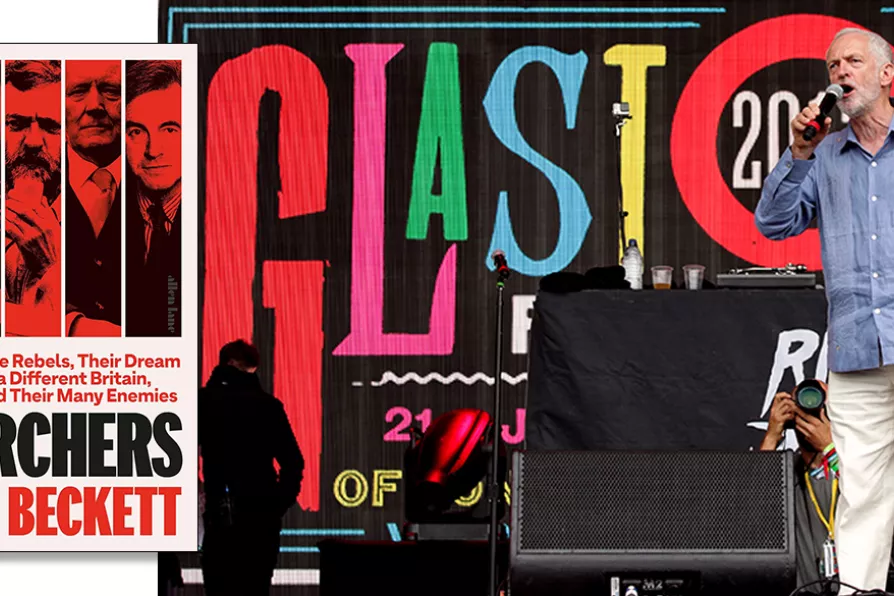ALAN McGUIRE welcomes the complete poems of Seamus Heaney for the unmistakeable memory of colonialism that they carry

 HIGH WATER MARK: Labour leader Jeremy Corbyn speaks to the crowd at Glastonbury Festival, June 24 2017
HIGH WATER MARK: Labour leader Jeremy Corbyn speaks to the crowd at Glastonbury Festival, June 24 2017
The Searchers
Andy Beckett, Allen Lane, £30
IT is impossible to read this book without a certain sense of pathos. Five years ago, three of its subjects — Jeremy Corbyn, Diane Abbott and John McDonnell — were on the verge of acceding to the highest offices in the land should Labour secure election victory.
Today, one struggles for re-election as an independent against his old party, another has just emerged from a 13-month suspension and brief barring from standing for Labour, and all three are marginalised within party and Parliament.
Guardian writer Andy Beckett ties their stories together with their contemporary Ken Livingstone and their predecessor Tony Benn in a collective quasi-biography that ambitiously aims to tell the story of the Labour left over the last 50 years or so.

STEVEN ANDREW is moved beyond words by a historical account of mining in Britain made from the words of the miners themselves













